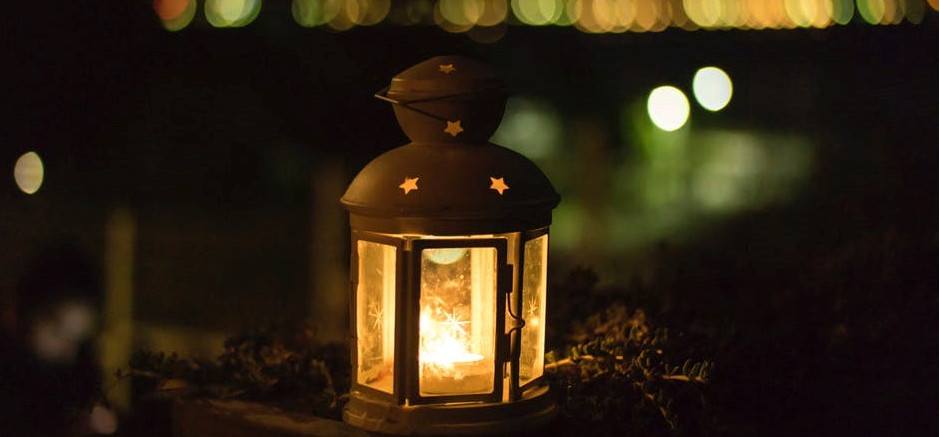
Everyone’s vision is reduced in low light conditions. Nevertheless, some have particular difficulties at night in such conditions. This is known as night-blindness or nyctalopia.
Night vision is different from daytime vision. At night, the ability to perceive colour is reduced and our vision is practically limited to black, white and grey. Our general ability to see (visual acuity) is also reduced and there is an area in our central field of vision in which we see less clearly. In addition, moving objects are easier for us to see than static ones.
Night-blindness does not completely impede night vision, but it does make it considerably more difficult. It is not a separate condition, but rather a symptom which can be a sign of another kind of vision problem.
In some cases, severe myopia can make it more difficult to see at night or in low light conditions.
There are specific cells in our retina (the lining at the back of the eye) which are responsible for vision in low-light conditions. When these cells are affected by illness or vision problems, this can cause night-blindness.
If you are unsure whether or not you are suffering from night-blindness, responding to these questions may help you:
If you are worried about your night vision in low-light conditions, make an appointment with an ophthalmologist. They will carry out a thorough exam that will be able to detect whether or not you have any vision problems.
Treatment for nyctalopia depends entirely on its cause. If it is due to a refractive error, then all that may be required is a new prescription. If you have a cataract then removing it may improve your night vision. Your ophthalmologist will carry out the necessary tests to determine the cause of your night-blindness and tell you what the prospects are for improvement.

Contact us or request an appointment with our medical team.